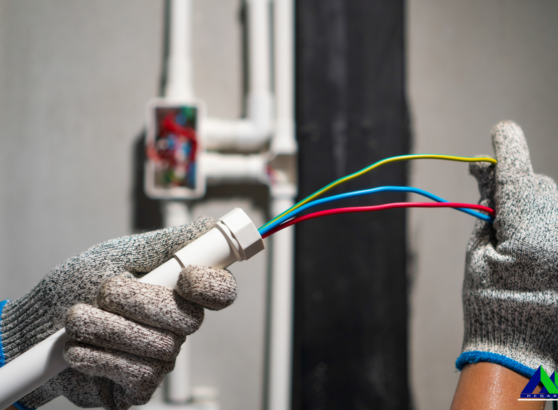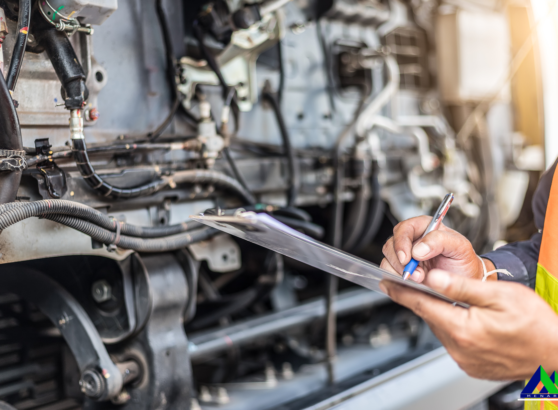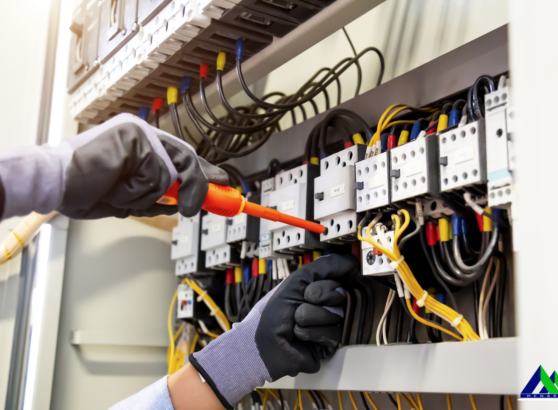Discover key industrial safety practices that are critical for creating secure work environments. Learn how implementing these practices not only protects the well-being of workers but also contributes to operational efficiency and success in industrial settings.
“In industrial settings, safety is of paramount importance to protect workers, prevent accidents, and ensure the smooth operation of facilities. Industrial safety practices encompass a range of measures designed to identify, mitigate, and manage risks associated with industrial processes. This guide explores essential industrial safety practices that play a crucial role in fortifying workspaces, promoting the well-being of workers, and contributing to operational efficiency in industrial environments.”

Begin with a thorough risk assessment to identify potential hazards associated with industrial processes. Evaluate the likelihood and consequences of each risk to prioritize and implement targeted safety measures.
Mandate the use of appropriate Personal Protective Equipment (PPE) based on the specific hazards present in the industrial setting. This may include items such as helmets, safety goggles, gloves, ear protection, and respiratory protection.
Ensure all machinery and equipment are equipped with proper guarding mechanisms to prevent accidental contact with moving parts. Regular inspections and maintenance of machine guards are essential to uphold their effectiveness.
Develop and regularly review comprehensive emergency response plans that include procedures for fires, spills, chemical releases, and other potential emergencies. Conduct regular drills to ensure that all personnel are familiar with and capable of executing emergency protocols.











